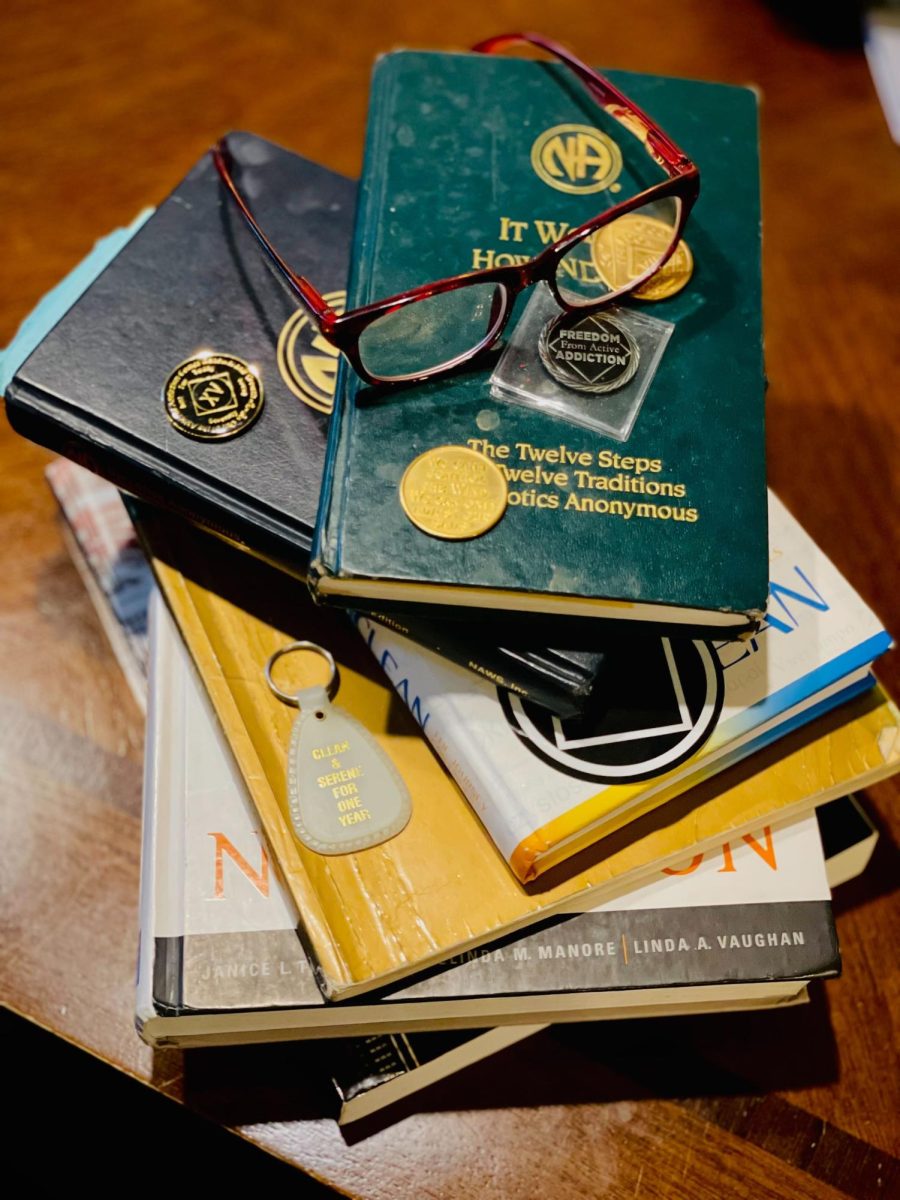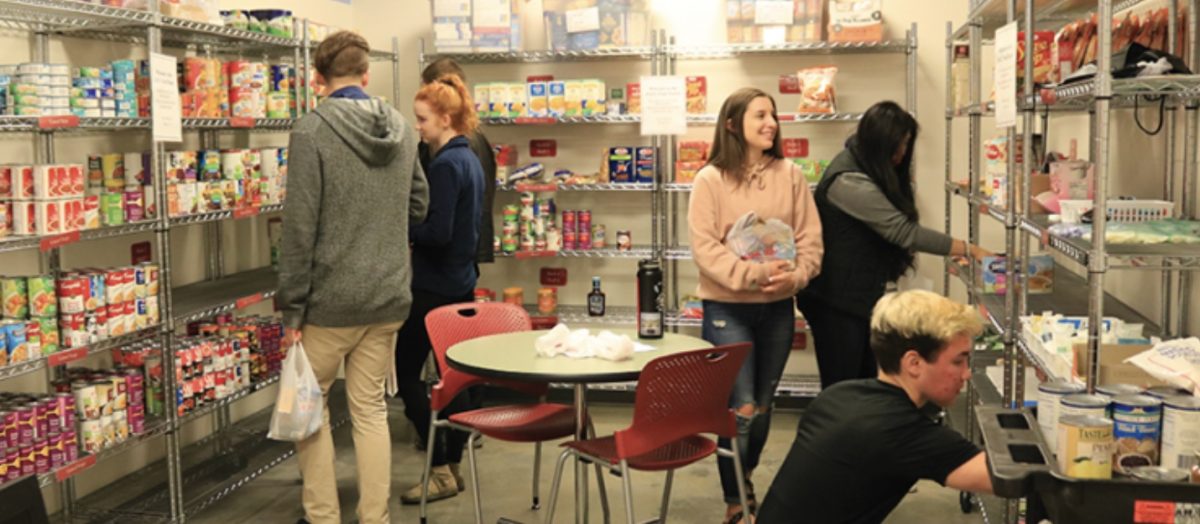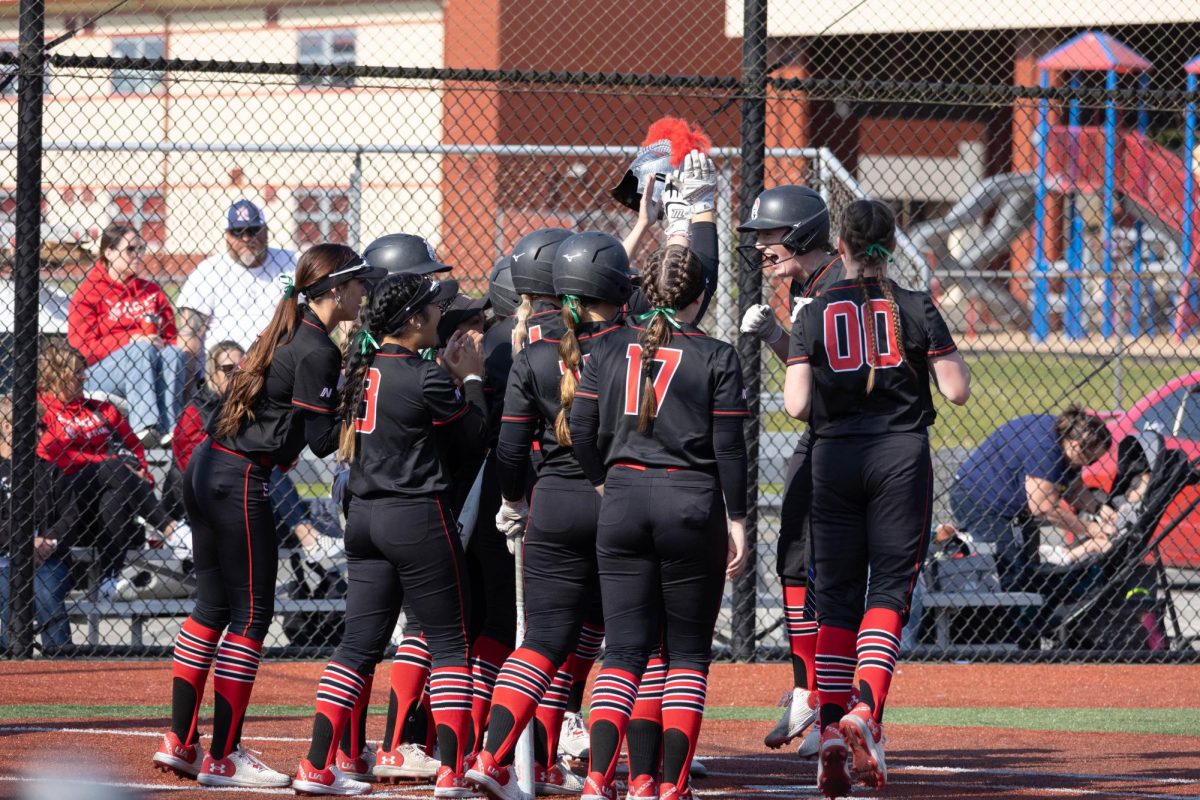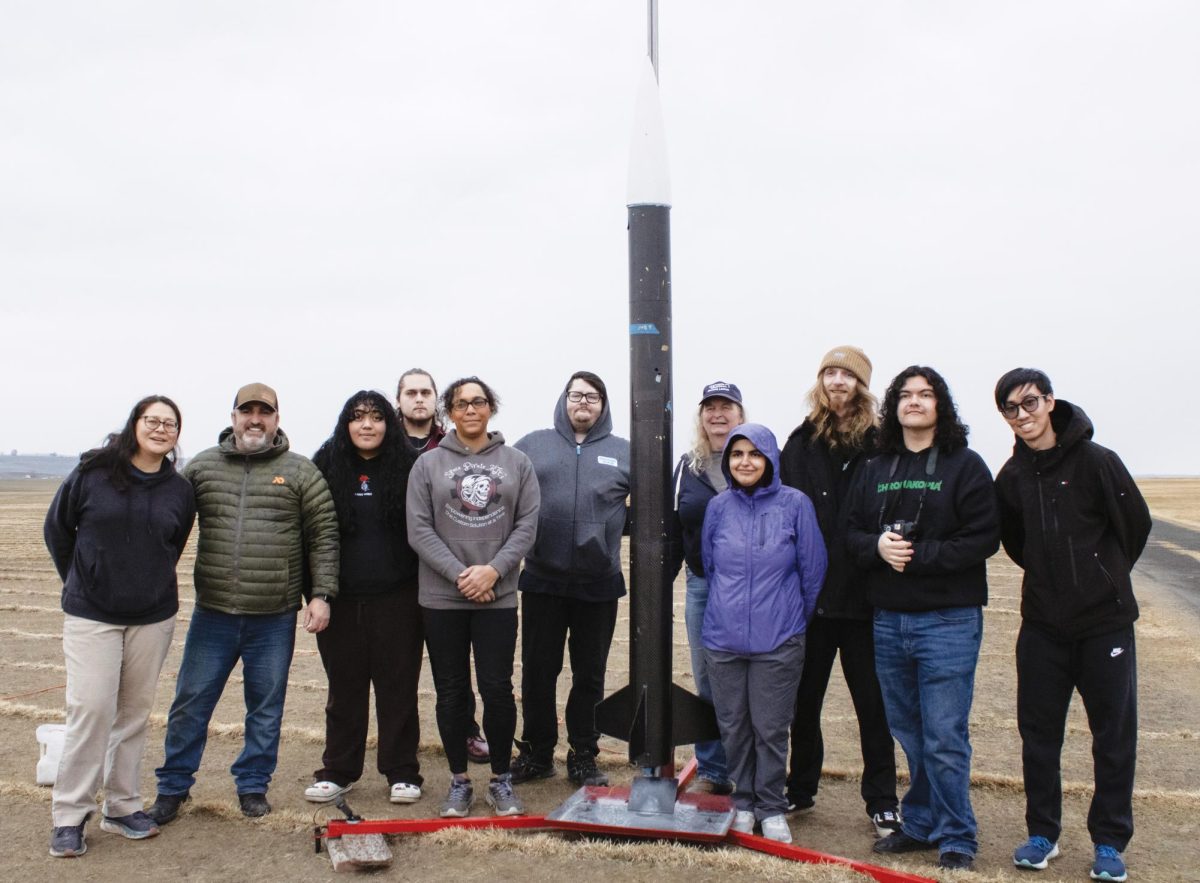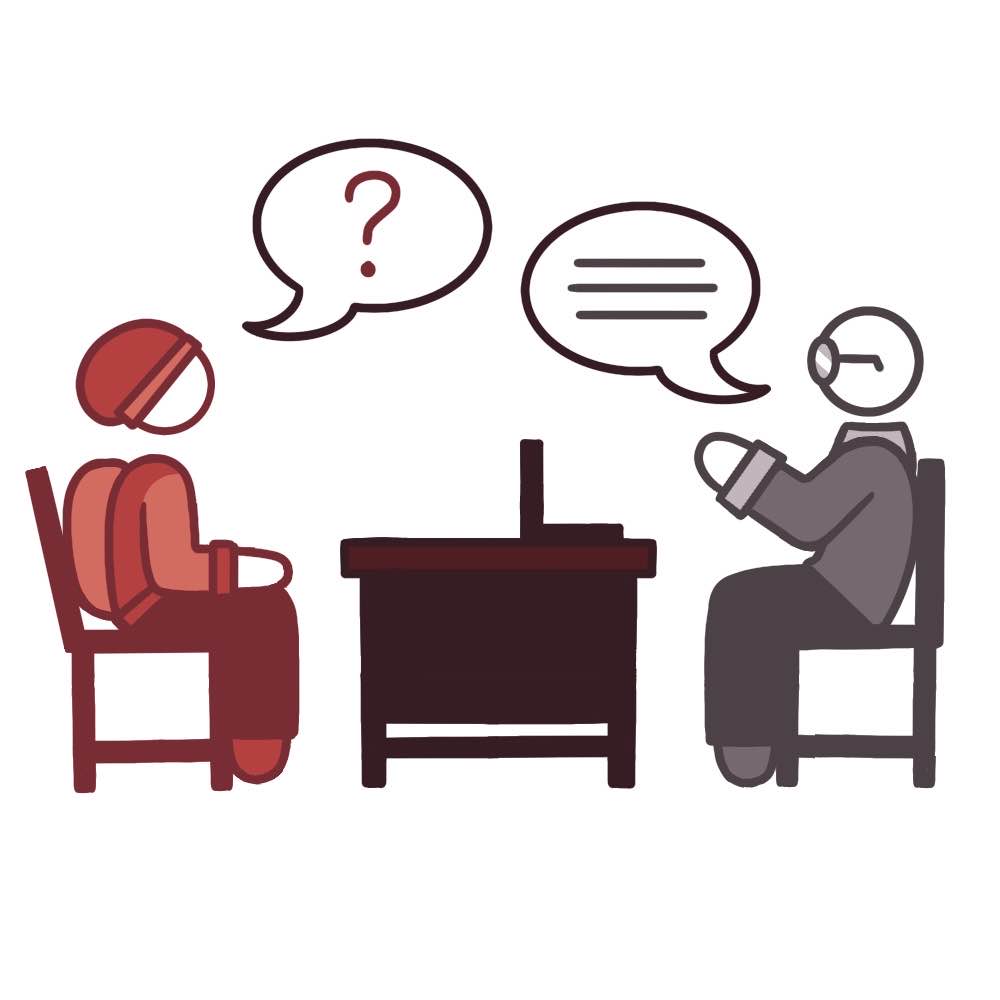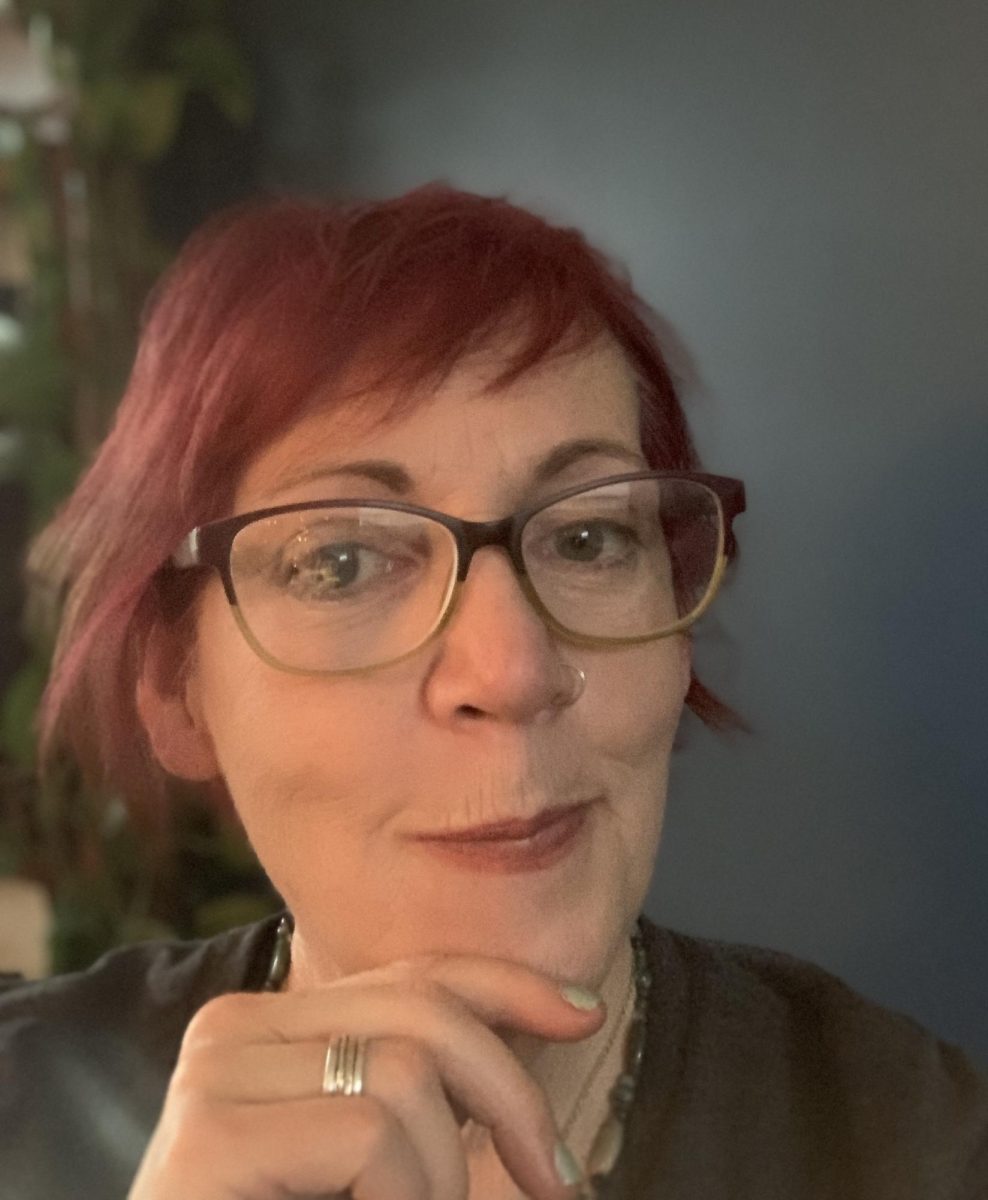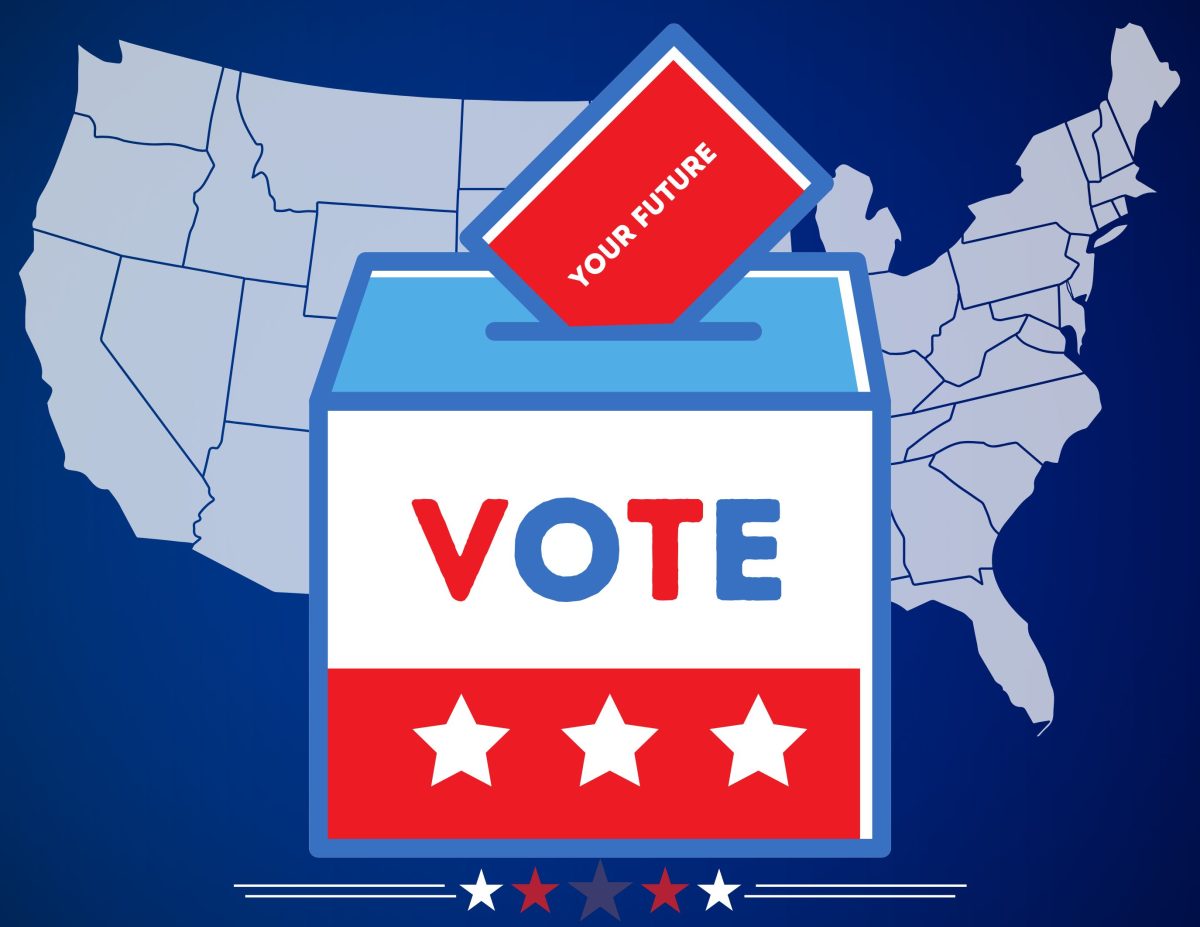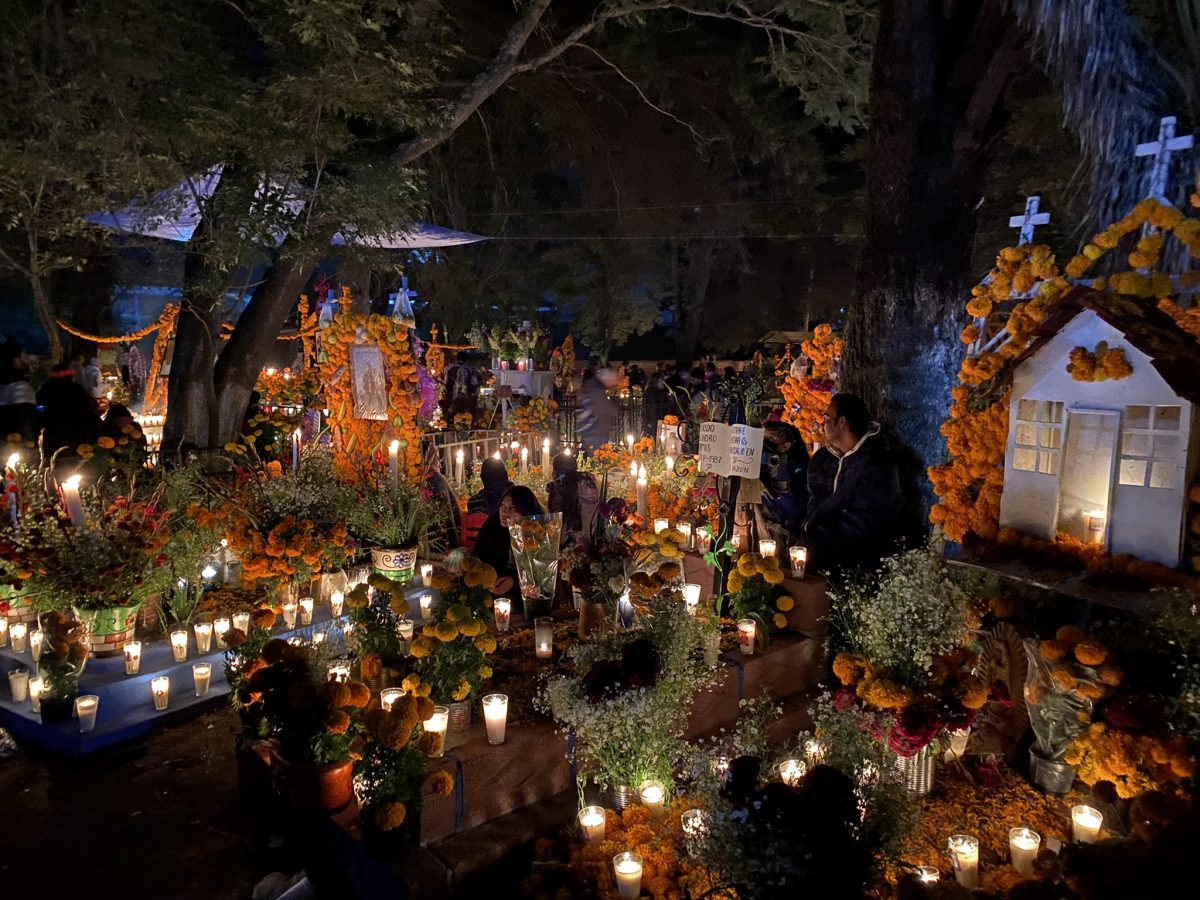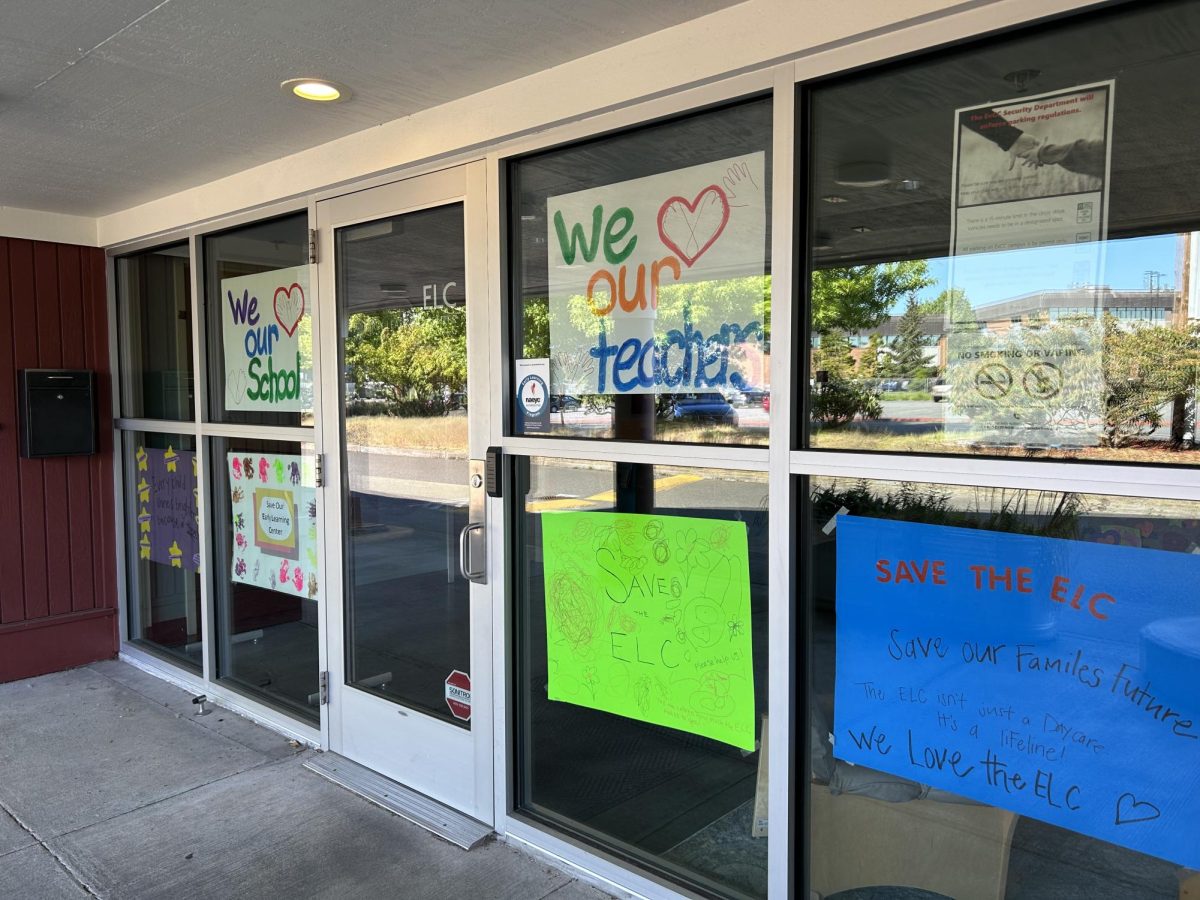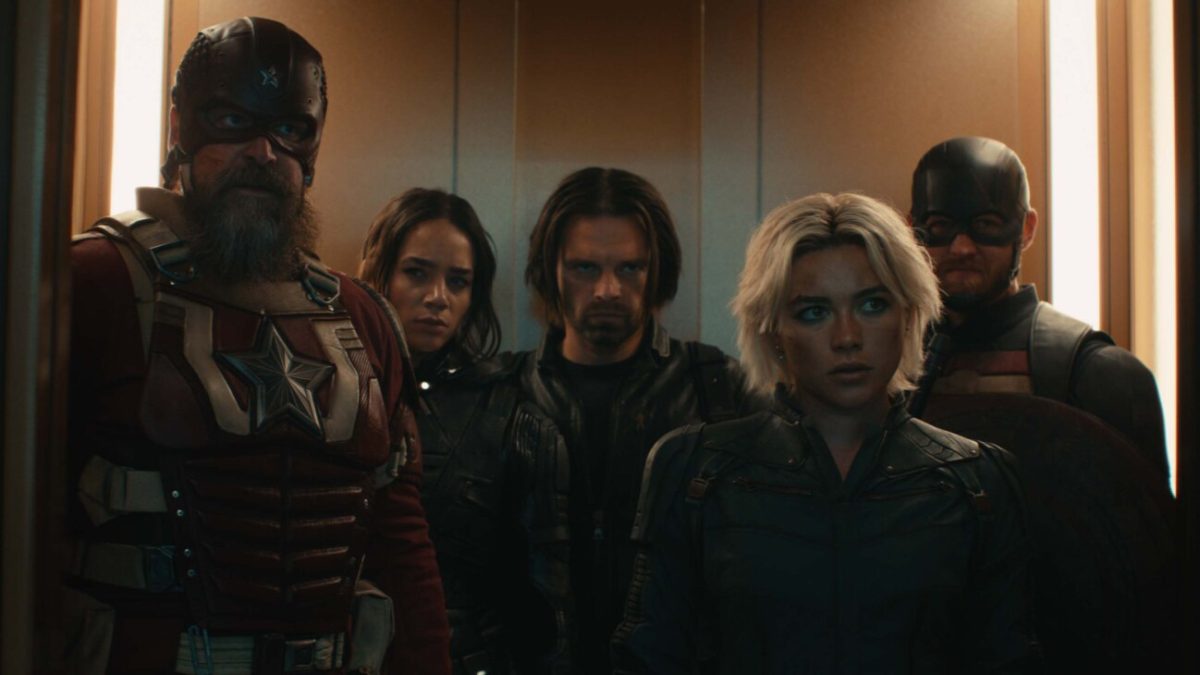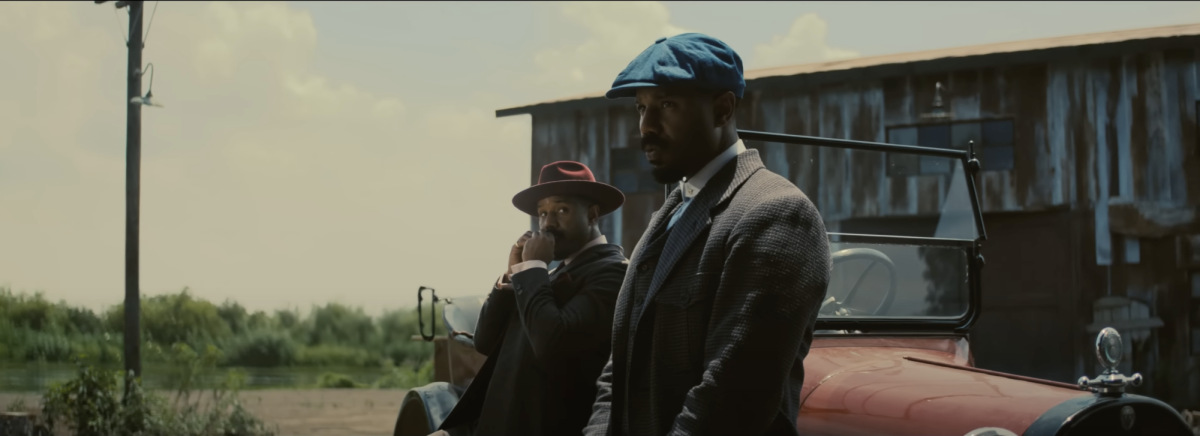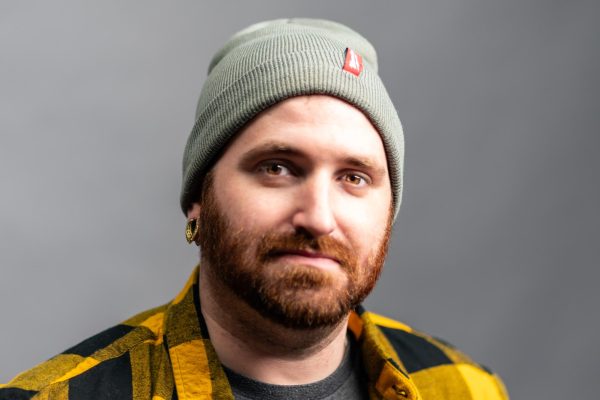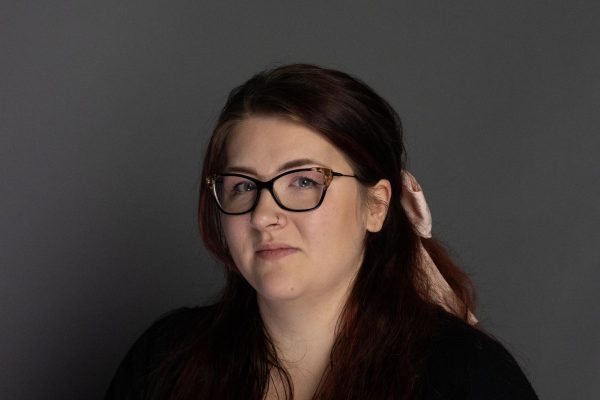The opioid crisis is all around us. It’s in the streets outside the school, it’s in the alleyways behind the places we shop, and it’s scattered throughout the neighborhoods where we live. At times, it seems like evidence of the crisis is everywhere we look.
Thankfully, not everyone touched by this plague has continued down that path. EvCC students who have faced the struggles of drug addiction have found the strength and courage to find their way back to a stable life. They attribute their success on campus directly to their recovery. Due to the rules of all 12-step programs, last names will not be used in the following story.
“Since getting sober, I have more of an opportunity to understand school and what it means to be educated. Before getting clean, school wasn’t even a thought in my mind, much less any kind of future,” said sophomore Nicole M.
Nicole said she only thought of attending college after joining a 12-step program.
A 12-step program (Alcoholics Anonymous, Narcotics Anonymous, et cetera) is a path to sobriety organized in 12 steps. The first step requires the participant to admit they have a problem and acknowledge that their life has become unmanageable due to drug and alcohol use. From there, the next 11 steps are designed to support the structuring of new habits and goals in order to begin again, free from drugs and alcohol. It takes a great deal of work and personal growth, but members attest that if the effort is put in, the rest comes naturally.
“I finally had a chance to view my life in a way that I couldn’t before, like making priorities that will affect me years from now,” Nicole said.
Since getting clean two and a half years ago, she has already seen some of her education goals come to fruition.
“There was a time in recovery, before becoming a mother, when I only worked part-time and flourished in college. I remember feeling like I was smart for the first time in my life and finding that that self-esteem was all due to the fact that I got sober first,” said senior Julia B.
Julia has been in a 12-step program for five and a half years.
“Education is a core value of mine and being sober in the program allowed me to pursue that. Prior to my recovery, I did not believe in myself or think about my future.”
Despite her accomplishments, Julia said just because she got sober doesn’t mean everything got easier.
“College in a 12-step program isn’t all fun and games just because you’ve gotten sober. The rest of life catches up to you all at once. Now I’m a mom, I have a full-time job and I also found out I have ADHD, which only surfaced after getting clean.”
Julia hopes to earn a degree in communications and from there start a successful career in the telecommunications field.
Cole H. said that after getting sober he struggled with feelings of inadequacy, especially surrounding his school work.
“You get clean and all of a sudden your emotional floodgates open up and you feel things with veracity and to every extreme.” Cole speaks about having been emotionally shut off to everyone and everything when he was using. “I even robbed a few people. People that were my friends, people that trusted me. I didn’t care at all.”
It’s taken no small amount of therapy and a heaping load of personal growth for Cole to set foot on a college campus.
“You kind of have to relearn how to be a person. The person you see now is unrecognizable from the person people saw when I was on heroin,” he said. “The way I walk, talk, speak, make decisions; it’s all about making a future for myself now. Back then, it was just about getting the next bag of dope. Your entire world becomes about getting dope. I was a zombie.”
“I’m doing it though. It’s both the hardest and most amazing situation I have put myself in so far, but I’m doing it and I’m loving it.”
So the next time you look out the classroom window and see an addict making their way down Broadway, it’s important to remember that not all those who fall into addiction are lost.
“Just because you make a few bad decisions and all seems lost at the time doesn’t mean all is actually lost. Those of us who find common sense before death rears its ugly head are given the chance at redemption that most people only see in movies,” Cole said. “Not all of us find our way back, but those that do know what it truly means to improve themselves. I mean, here I am, improving myself, right before your eyes.”
Anyone who believes they or a loved one is struggling with alcoholism or substance abuse may take advantage of the resources listed below.
- EvCC Counseling Center 425-388-9263
- National Addiction Hotline at 1-800-662-4357
- Associated Behavioral Health 206-329-5255
- Ideal Option 1-877-522-1275

